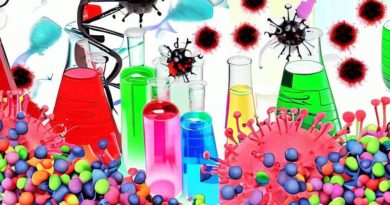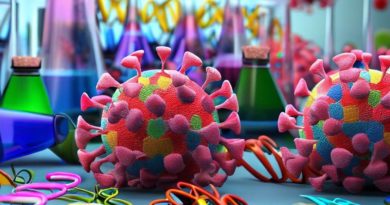10 Antivax Lies to Watch Out for This Holiday

For many people, family gatherings at the holidays mean suffering through painful conversations with antivax relatives. While there may be little sense in trying to change anyone’s mind, here are some common antivax talking points about the covid-19 vaccines to be aware of.
This article was originally published on November 24, 2021, and last updated on December 23, 2021.
Read more
“The vaccines are based on untested, dangerous technology.”
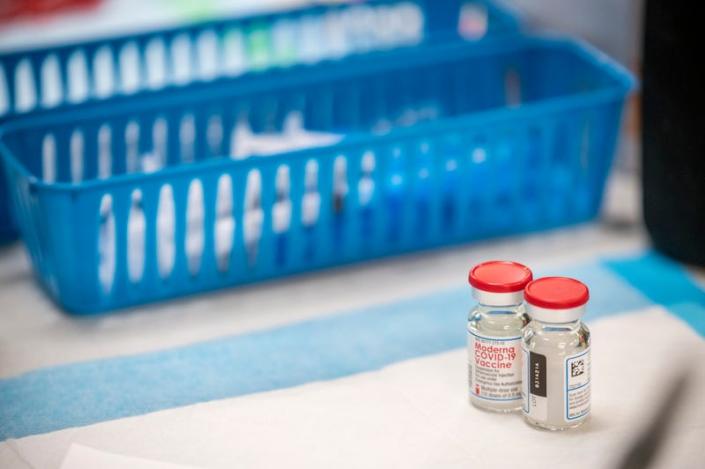

This claim is centered mainly around the covid vaccines developed by Pfizer/BioNTech and Moderna, which both are based on mRNA technology. These are the first mRNA vaccines authorized or approved for use in humans, but the underlying research needed to develop them has been ongoing for decades. Scientists were testing out mRNA vaccines in human trials even before the pandemic arrived in late 2019.
The pandemic did accelerate the course of typical vaccine development, which usually takes years, but much of this speed was gained by the legwork already done on mRNA vaccines, the huge marshaling of resources, including financial, needed to conduct large clinical trials, and the expedited review of the data by health agencies—not by cutting corners in the trials themselves.
“mRNA vaccines change your DNA.”
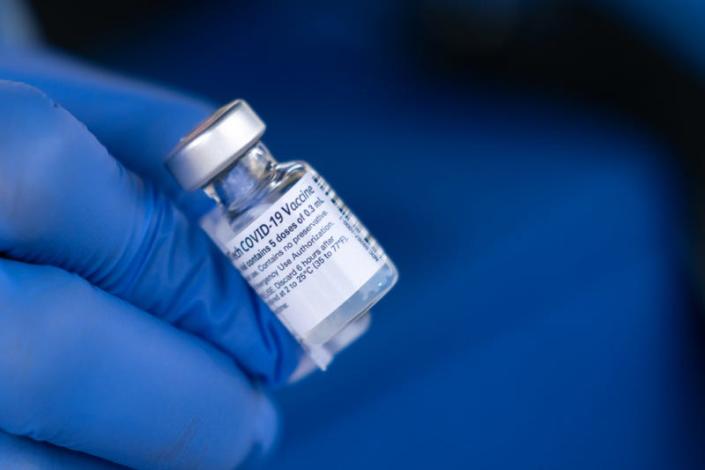

Speaking of mRNA vaccines, there are many misleading claims about how they actually work. mRNA stands for messenger RNA, a piece of genetic information that’s read by our cells’ machinery so they can create the proteins needed for various functions. mRNA vaccines deliver the instructions for producing the spike protein of the coronavirus, the key part of the virus that allows it to infect us. Once our own cells produce the spike protein, they display it on their surface, and this triggers an immune response. Unlike a true infection from the coronavirus, though, this spike protein can’t replicate or cause covid-19, but our immune system will remember it and become better at fighting off the real germ in the future.
Neither the spike proteins nor the mRNA used in the vaccine stay around forever in the body (the mRNA disintegrates within a day or two) and at no point is the DNA in our cells altered as a result.
“Vaccinated people are ‘shedding’ onto others.”
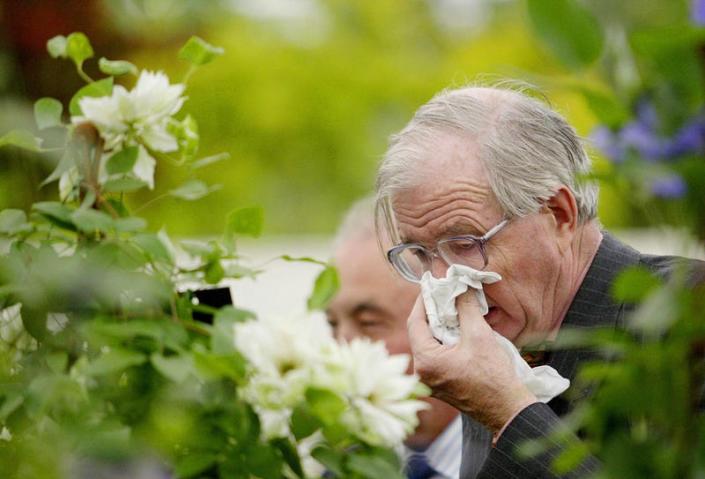

This is a claim that confuses various types of vaccines. Some vaccines are made using weakened versions of the target germ or a related microbe. Sometimes, as with the oral polio vaccine, people given this type of inoculation can develop a milder version of the infection (often without illness) that can make them contagious to others. This is a well-known risk of live but weakened vaccines, but it’s not a risk seen with any of the covid-19 vaccines available in the U.S. There is simply no danger, not even theoretically, that could come from being near a vaccinated person.
“The shots contain scary and/or satanic ingredients.”


A long-time trope of the anti-vaccination movement is to highlight scary-sounding ingredients in vaccines while implying or outright lying about their potential to cause harm. The same has now happened with the covid-19 vaccines. For instance, antivaxxers have been claiming that SM-102—a lipid used to keep the mRNA in the Moderna vaccine stable enough for delivery—isn’t meant for human use, often by pointing to a misleading warning about a different version of SM-102 that’s mixed with chloroform instead.
Sometimes, denialists will even make up hidden vaccine ingredients, as Newsmax correspondent Emerald Robinson did when she spread the claim that the vaccines contained luciferase, all but arguing that they were Satan incarnate. None of the vaccines have luciferase, nor is the enzyme particularly demonic. It acts as a bioluminescent tracker in medicine and was used early on in the development of the Moderna vaccine, but it’s also naturally found in fireflies and other animals, giving them their characteristic glow. The “lucifer” in the name alludes to the latin term for “light bearer,” which was only later adapted as the name attributed to the fallen angel said to have become the devil in Christianity.
“You Can Detox the Vaccines Away”
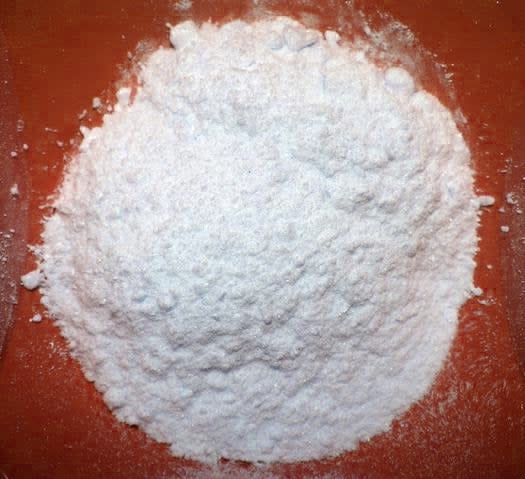

A corollary to the idea that vaccines are filled with dangerous toxins is that it’s somehow possible to detox away your vaccination.
As we’ve covered earlier, the vaccines do not contain any substances that permanently linger in the body, so it’s not as if there’s anything to detox in the first place. And even if you wanted to, there’s no easy or at least safe way to reset your immune system from remembering what the coronavirus looks like—the intended purpose of the vaccine. But that hasn’t stopped members of the antivax community from recommending a variety of “treatments” either way. Examples of these quack remedies include taking baths in borax and bloodletting through the use of cupping.
“The vaccines are killing more people than the virus is.”


Countries including the U.S. routinely keep track of the safety of new drugs or vaccines via adverse event reporting systems, where members of the public and doctors can report symptoms that appear after someone has received a drug. But these reports, health experts have long cautioned, do not prove that a particular symptom was caused by that treatment. For example, a person may have a heart attack the same week they start a new medication; it doesn’t necessarily mean the drug caused the heart attack. Adverse event reports are meant as a possible signal of risk, so medical professionals can investigate further.
Since the vaccines were released to the public, adverse event reporting systems have allowed us to discover some rare risks not seen in the earlier clinical trials, such as a higher chance of myocarditis among young people given the mRNA vaccines or a rare blood clotting condition associated with the J&J and AstraZeneca vaccines. But antivaxxers have used adverse event reports to falsely argue that the vaccines have caused huge numbers of deaths.
The risks of vaccination still pale in comparison to the risks of covid-19 (infection by the virus is linked to an even higher chance of myocarditis that what is seen from the shots). And there is no good evidence showing that vaccines are killing people en masse.
“Vaccines don’t reduce transmission.”
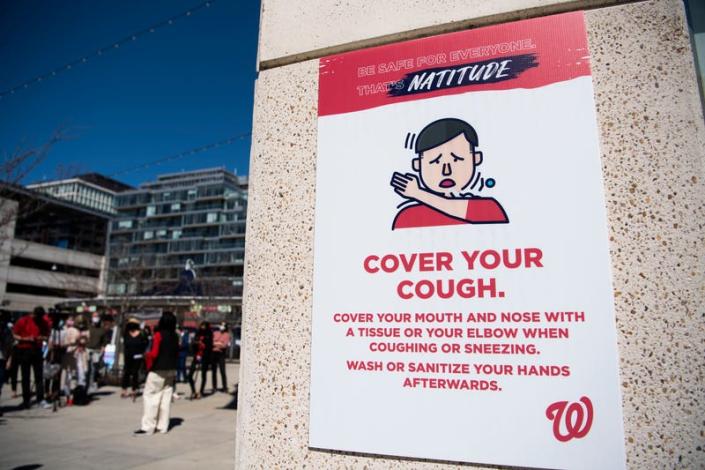

Even with the arrival of the Delta variant and the waning loss of antibodies over time, the original shots of the vaccine continued to offer noticeable protection against infection as well as serious illness throughout much of this year. And without infection, there’s clearly no chance of transmission. Secondly, evidence has shown that people with breakthrough cases from Delta are still less contagious than the typical unvaccinated and infected person. This may be because they carry relatively high levels of the virus for a shorter amount of time or because they’re less likely to have symptoms like coughing and sneezing.
Unfortunately, the rapid emergence of the Omicron variant since Thanksgiving has changed things more recently. Most vaccines seem to provide much less protection against infection from Omicron in general, though they do still provide a strong barrier from serious illness. However, booster doses, particularly from the mRNA vaccines, seem to restore a substantial level of effectiveness against infection even from Omicron, so they’re worthwhile to take if you’re eligible.
“The need for boosters proves the vaccines are useless.”
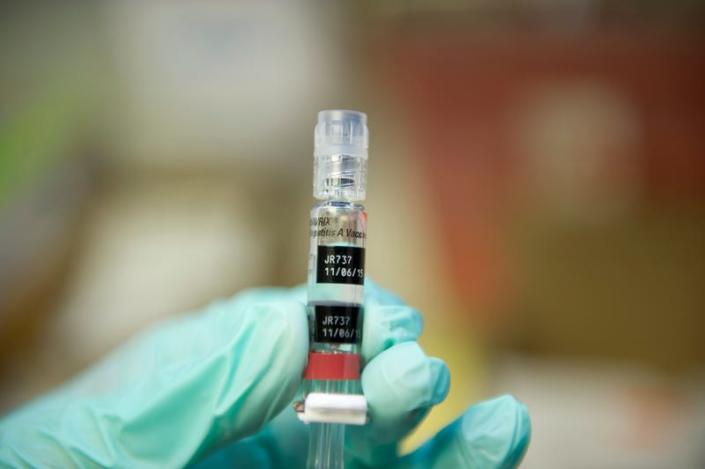

This is yet another misunderstanding about the long history of vaccination. Scientists have been clear about the possibility that extra vaccine doses beyond the original schedule might be needed for the coronavirus, even before the vaccines were released to the public. And while every germ (and our immune response to it) is different, it turns out that third doses and boosters are commonly needed for many of today’s vaccines.
Vaccines for hepatitis B and polio, among others, require a third dose months after their second dose to provide optimal immunity. The flu shot has to be taken yearly, on account of the flu’s ability to rapidly evolve. And even the combination measles, mumps, and rubella shot requires a dose to be given years after the first dose. Time will tell how often we’ll need a boost in protection from the coronavirus, but there’s nothing damning about the need for boosters in the first place.
“Outbreaks in highly vaccinated countries show vaccines don’t work.”
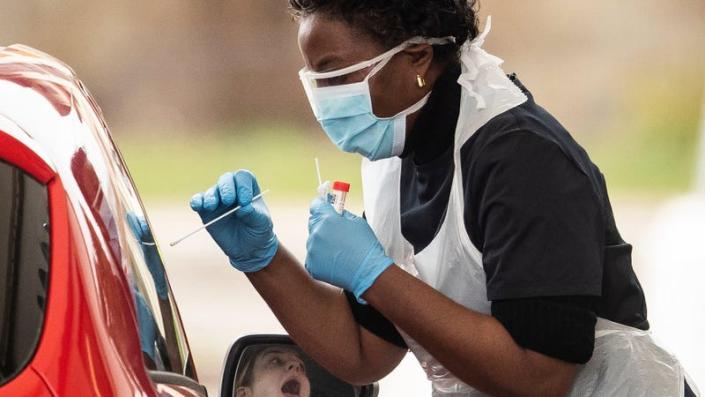

This is another frustrating myth that relies on shoddy math.
Countries such as the U.S., UK, and Israel have all experienced surges of the pandemic even as many of their residents had gotten vaccinated. Some of these cases have included the vaccinated, and there is evidence that vaccine-provided immunity has waned over time, particularly in the elderly or high-risk groups. But even when you take all that into account, you still find that vaccinated people remain far less likely to get seriously sick and die.
No vaccine is 100% effective, and even in a fully vaccinated world, some people would still get covid-19 and a few would die from it. But the covid-19 shots have prevented many deaths in the U.S. already, and the continued spread of the pandemic isn’t because the vaccines don’t work; it’s largely because not enough people are vaccinated. To date, only around 60% of the U.S. population has gotten fully vaccinated, and countries with much higher rates are having an easier time with the pandemic than we currently are.
“Kids don’t need the vaccine.”
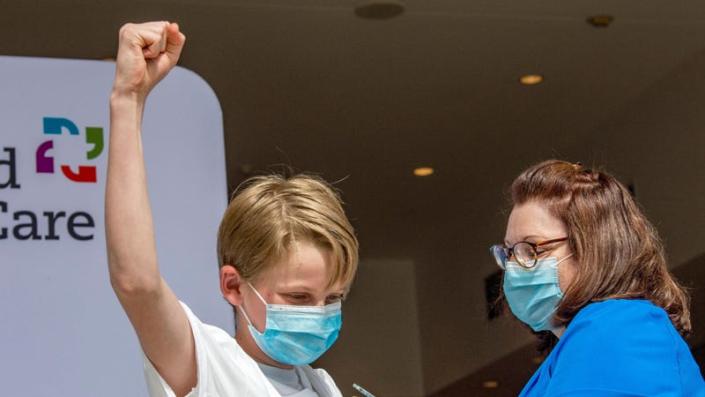

Children are far less likely to get seriously sick and die from covid-19 than other age groups. But that low risk doesn’t mean no risk at all. Among kids ages 5 to 14, covid-19 has been a top 10 leading cause of death for most of this year. Hospitalizations, missed days of school, and just plain covid-related misery are also other things worth preventing. And though the math is different, experts have still concluded that the benefits of the vaccines outweigh the small risks they may have.
Another thing to keep in mind is that many childhood vaccines given today prevent diseases that were even less deadly in their time than covid-19 is currently, like chickenpox or measles. Death isn’t the only outcome worth caring about when it comes to our health, and that includes the health of kids.
More from Gizmodo
Sign up for Gizmodo’s Newsletter. For the latest news, Facebook, Twitter and Instagram.
Click here to read the full article.

